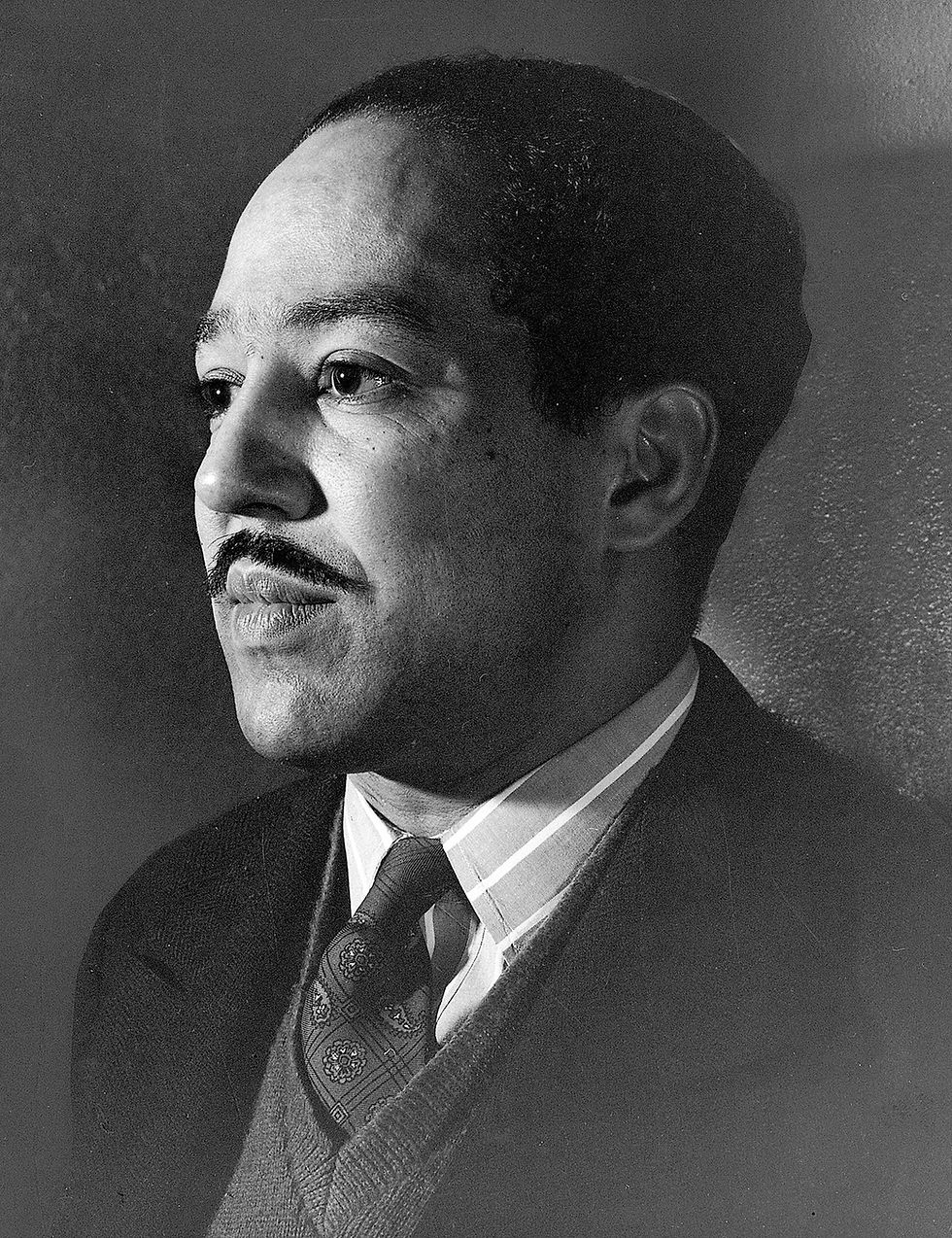Remembering Langston Hughes on His Birthday
- Deb Everson Borofka
- Feb 1, 2021
- 2 min read

Langston Hughes was one of the most influential authors, poets, and thinkers of the Harlem Renaissance, an African-American artistic movement that embraced black life and culture in the 1920s. Hughes' artistic genius was inspired by his childhood in Harlem, New York City, a largely African-American neighborhood. His literary works have helped influence American literature and politics. In his poetry, novels, plays, essays, and children's books, he advocated for equality, denounced racism and oppression, and praised the beauty of African American culture, satire, and spirituality. Like many African-Americans during that time period, Hughes had a rough ancestry. Both of Hughes' paternal great-grandmothers were enslaved Africans, and both of his paternal great-grandfathers were enslavers in Kentucky which experiencing racism himself. During high school in Cleveland, Hughes wrote for the school newspaper, edited the yearbook, and began to write his first short stories, poetry and dramatic plays. Hughes wrote his first jazz poetry, "When Sue Wears Red", while he was in high school, demonstrating his early on success.
James Mercer Langston Hughes was born on 1 February 1902 in Joplin, Missouri. His parents divorced when he was a young child, and his father moved to Mexico City. He was raised by his grandma until he was thirteen, when he moved to Lincoln, Illinois, to live with his mother and her husband, until the family finally settled in Cleveland, Ohio. It was in Lincoln that Hughes started to compose poetry. One of Hughes most memorable poems includes, “The Negro Speaks of Rivers” (1921). Written when he was 17 years old on a train to Mexico City to see his father. This was Hughes first poem to be recognized by NAACP magazine The Crisis. The opening lines demonstrated the age of an old soul, “I’ve known rivers, I’ve known rivers ancient as the world and older than the flow of human blood in human veins. My soul has grown deep like the rivers.” His chosen writing style honors that of his poetic influences Walt Whitman and Carl Sandburg. Some historians claim that Hughes was homosexual and used homosexual codes in many of his poems. Biographer Aldrich believes that in order to maintain the interest and encouragement of black churches and associations and to prevent exacerbating his difficult financial condition, Hughes had to hide his sexuality.
Langston Hughes died of prostate cancer complications on May 22, 1967 in New York City. In his memory, his house at 20 East 127th Street in Harlem was given landmark status by the New York City Preservation Board, and East 127th Street was renamed "Langston Hughes Place." Langston Hughes will never be forgotten, his revelation and contribution to the Harlem Resistance will forever be cherished.

Comments